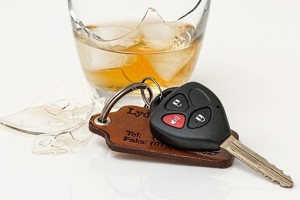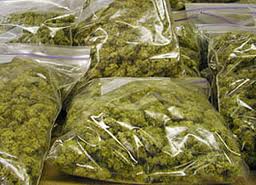 Over the last several years Maryland lawmakers have prioritized reforming the juvenile justice system and we are likely to see another push to reform in the 2026 session. Juvenile justice became a major hot button issue in Maryland post-Covid, as lawmakers have scrambled to address frequent news headlines ranging from dangerous juvenile detention practices to serious crimes alleged to have been committed by children as young as 10 years old. In 2021 lawmakers banned life without parole for minors and opened up the possibility of sentence reductions in cases where defendants have served more than 20 years. In 2022 lawmakers passed the Juvenile Justice Reform Act, which prohibited the State from prosecuting children under the age of 13 unless it was for a violent felony. Lawmakers also stripped police of their ability to interrogate a child without a lawyer present regardless of a voluntary Miranda waiver.
Over the last several years Maryland lawmakers have prioritized reforming the juvenile justice system and we are likely to see another push to reform in the 2026 session. Juvenile justice became a major hot button issue in Maryland post-Covid, as lawmakers have scrambled to address frequent news headlines ranging from dangerous juvenile detention practices to serious crimes alleged to have been committed by children as young as 10 years old. In 2021 lawmakers banned life without parole for minors and opened up the possibility of sentence reductions in cases where defendants have served more than 20 years. In 2022 lawmakers passed the Juvenile Justice Reform Act, which prohibited the State from prosecuting children under the age of 13 unless it was for a violent felony. Lawmakers also stripped police of their ability to interrogate a child without a lawyer present regardless of a voluntary Miranda waiver.
The Juvenile Justice Reform Act was a short-lived victory as juvenile crime spiked to historic levels in Maryland. In 2023 it seemed there were weekly news stories about 10–12-year-olds committing thefts and other misdemeanors that the police could not charge. In one instance a child was accused of a dozen motor vehicle thefts but could not be prosecuted and brought to court. As a result, lawmakers had no choice but to walk back the reforms and allow for prosecutions of children 10 and over by passing the 2024 Juvenile Law Reform Act.
In 2026 we may see the pendulum shift yet again toward limiting the powers of police and prosecutors. This time a state senator from Montgomery County is pushing to end mandatory adult criminal court original jurisdiction for certain offenses committed by 16- and 17-year-old defendants. Under current Maryland law a 16- and 17-year-old minors charged with gun crimes such as possession of a firearm by a minor and violent offenses such as armed robbery, first-degree assault and felony sex offenses must be charged as adults. These juveniles are often held in custody unless granted release by a District or Circuit Court Judge at a bail review or habeas corpus hearing and face a long drawn out process to obtain a reverse waiver transfer to juvenile court. In some jurisdictions these transfer proceedings can take close to 6 months. Some 85% of these cases are eventually transferred or dismissed, many times after the youth has been incarcerated for several months, which has sparked debate about fundamental fairness and judicial economy.
 Criminal Defense Lawyer Blog
Criminal Defense Lawyer Blog







